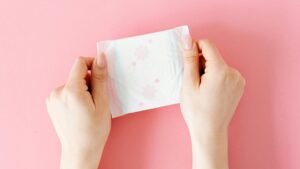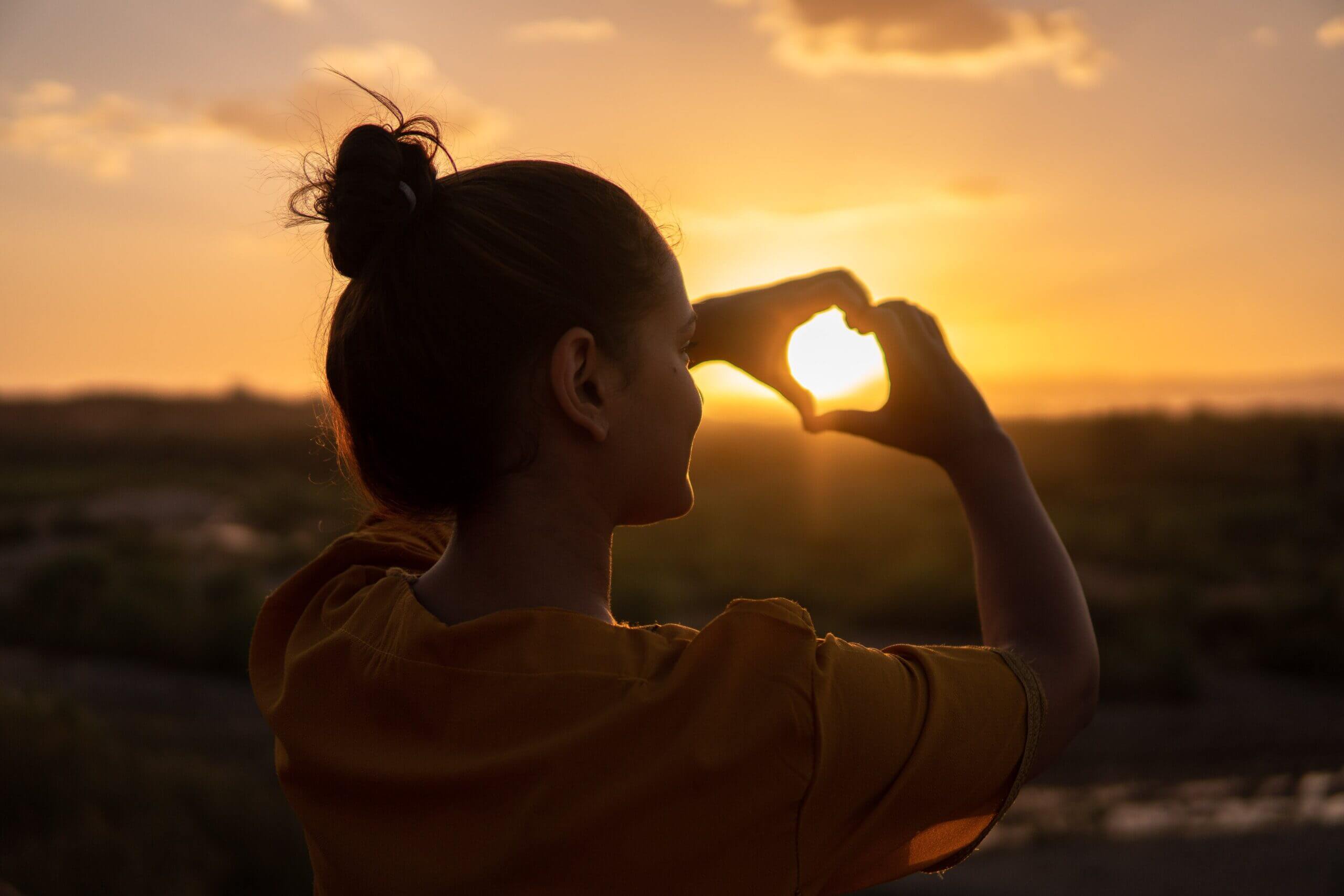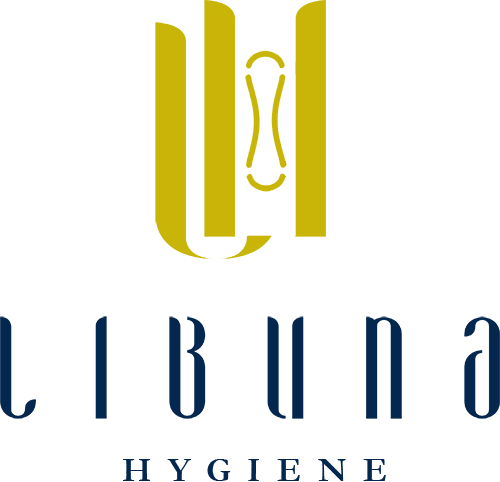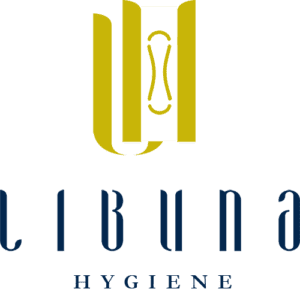Mensuration Cycle is a Gift From Mother nature: Embrace it always!!


Most girls get their first period when they’re between 10 and 15 years old. The average age is 12, but every girl’s body has its schedule. Although there’s no one right age for a girl to get her period, there are some clues that it will start soon. Your menstrual cycle helps your body prepare for pregnancy every month. It also makes you have a period if you’re not pregnant. You may also notice changes in your mood and energy levels, particularly during the follicular and luteal phases.
Busting Period Myths: Unveiling the Truth

You cannot exercise while you are on your period
Some evidence suggests that exercises, such as light cardio and yoga can reduce menstrual cramps. Some of researchers say that exercise during the period is not advisable, But, light exercise during your period can help increase your blood flow which can help alleviate period symptoms like bloating. So, you should exercise a little, Physical activity is a natural pain reliever.
If you miss your period, you are pregnant
While a missed period can be a sign of pregnancy, it is not the only factor that can cause a missed period. There are various reasons why someone might miss their period, and pregnancy is just one of them. Other factors that can contribute to a missed period include stress, changes in weight, hormonal imbalances, certain medications, and underlying health conditions. Missed period. If you’re in your childbearing years and a week or more has passed without the start of an expected menstrual cycle, you might be pregnant.
You shouldn’t wash your hair during your period
There is no scientific evidence to support the idea that you should not wash your hair during your periods. women who are menstruating cannot wash their hair is not true. Precisely washing your hair during menstruation can provide several good benefits for your health. Personal hygiene is based on your comfort, preferences, and any specific guidance from healthcare professionals.
You can’t swim during your period.
Menstrual flow is not affected by water. menstrual blood does not flow out into the water. Your body is still releasing menstrual blood while you are underwater. However, the pressure while your body is underwater (aka buoyancy) slows the flow.
Fearless Living: Unleash Your Potential, Embrace Your Journey
Menstruation is a normal and healthy part of life for most women. Various menstrual products are available, including organic sanitary pads, tampons, menstrual cups, and period panties. Each has its advantages and considerations.
- A typical menstrual period lasts around 3 to 7 days, but this can also vary among individuals.
- It typically happens during adolescence, usually between the ages of 9 and 16, although the age can vary.
- The heaviness and length of your period depend on your hormones, which can fluctuate due to factors like diet, stress, or taking an emergency contraception pill (the morning-after pill) . Periods can fluctuate in cycles where ovulation doesn’t occur.
Making Physical Connections During Periods

Connecting Hearts, Ignoring Clocks
Comfort Levels: some people have heightened sensitivity that makes sex more pleasurable. However, you still need to practice safe sex. You can still get pregnant if you have sex on your period, and the risk of giving, or getting a sexually transmitted infection, is higher.
Health Considerations: If both partners are healthy and comfortable with the idea, there is generally no medical reason to avoid sexual activity during menstruation. Women find that sexual activity can alleviate menstrual cramps and provide a sense of pleasure and intimacy.
Pregnancy Risk: it’s possible to get pregnant if you have unprotected sex during your period. But it’s not super common, especially during the very beginning of a period
Pain Relief: Some individuals find that sexual activity can alleviate menstrual cramps and provide a sense of comfort. Sexual arousal and activity can increase blood flow to the pelvic area, promoting relaxation and potentially reducing menstrual discomfort.
Food Items to Say No To!!
Empower Your Flow: Choose Wisely, Nourish Mindfully.
Highly Processed Foods: Take foods, especially those high in sugar, salt, etc.
Dairy Products: bloating and discomfort from dairy products during their periods.
Alcohol: it can contribute to dehydration, which may worsen cramps. Moderation is key if you choose to consume alcohol.
Travelling Tips During Periods
Make sure to pack an adequate supply of menstrual products such as pads, tampons, or menstrual cups.
Create a small kit with essentials like sanitary products, pain relievers, wet wipes, and a plastic bag for disposal.
Staying hydrated can also help alleviate some menstrual symptoms.
Always Carry some nuts and superfoods that can help you gain some energy while travel.
How are libuna pads are helpful?


Anion Chip:- each libuna pad comes with anion chip, these ions can neutralize odor molecules and hinder the growth of certain bacteria, addressing common concerns during menstruation. Some studies propose that negative ions may also influence mood by promoting the release of certain neurotransmitters, contributing to emotional well-being during this time.
Odor lock Technology:- Libuna organic pads come with features to minimize odor, helping you feel fresh and confident during your period. This pad is super soft and easy to use. Stay in place no matter what you are doing.
Breathability: Improved breathability in relief pads can contribute to better air circulation, reducing the risk of discomfort or irritation.
Organic Pads: Libuna pads are designed with sustainability in mind, using environmentally friendly materials or offering biodegradable options.
Conclusion
women’s periods are a natural and integral aspect of their reproductive health. Rather than being shrouded in myths or stigmas, it is important to acknowledge and understand menstruation as a normal part of life. Ultimately, embracing women’s periods is not just about recognizing a biological process; it is about fostering empathy, creating inclusive environments, and empowering individuals to navigate their menstrual health with confidence and dignity.


